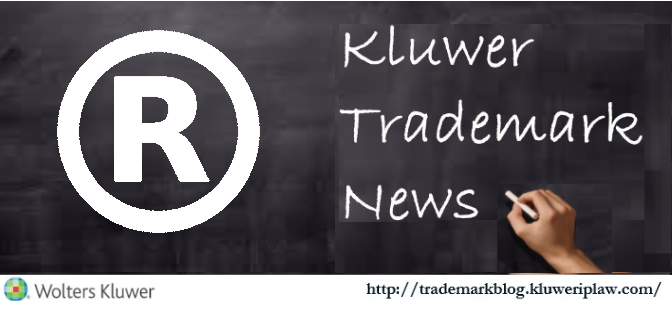Trademark case: Tiger Lily Ventures Ltd. v. Barclays Capital Inc., USA
The LEHMAN BROTHERS mark has been used continuously in the course of winding up the affairs of at least one Lehman Brothers affiliated company. In a case involving competing applications to register the mark LEHMAN BROTHERS, the U.S. Court of Appeals for the Federal Circuit has affirmed a decision by the Trademark Trial and Appeal…

